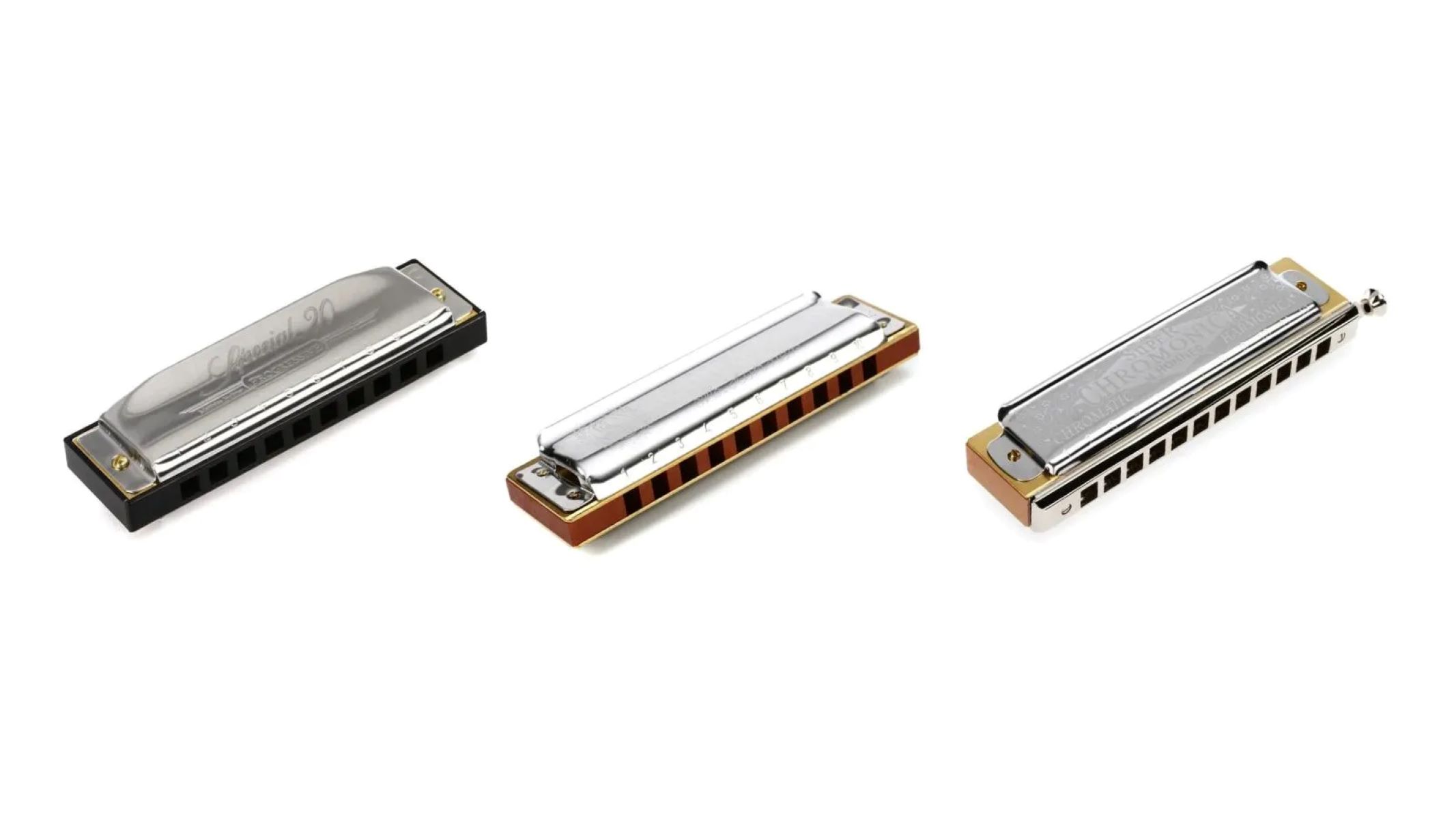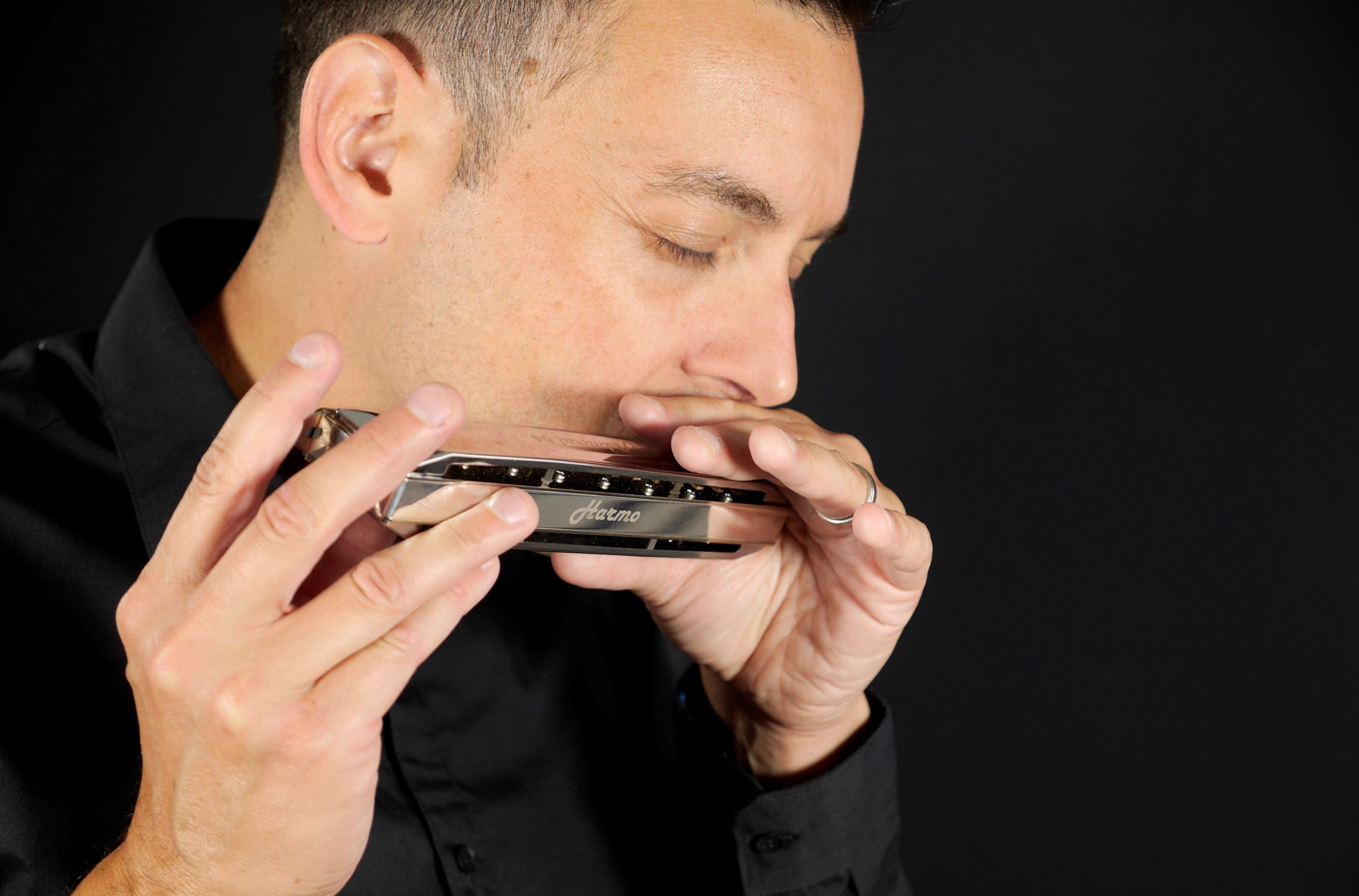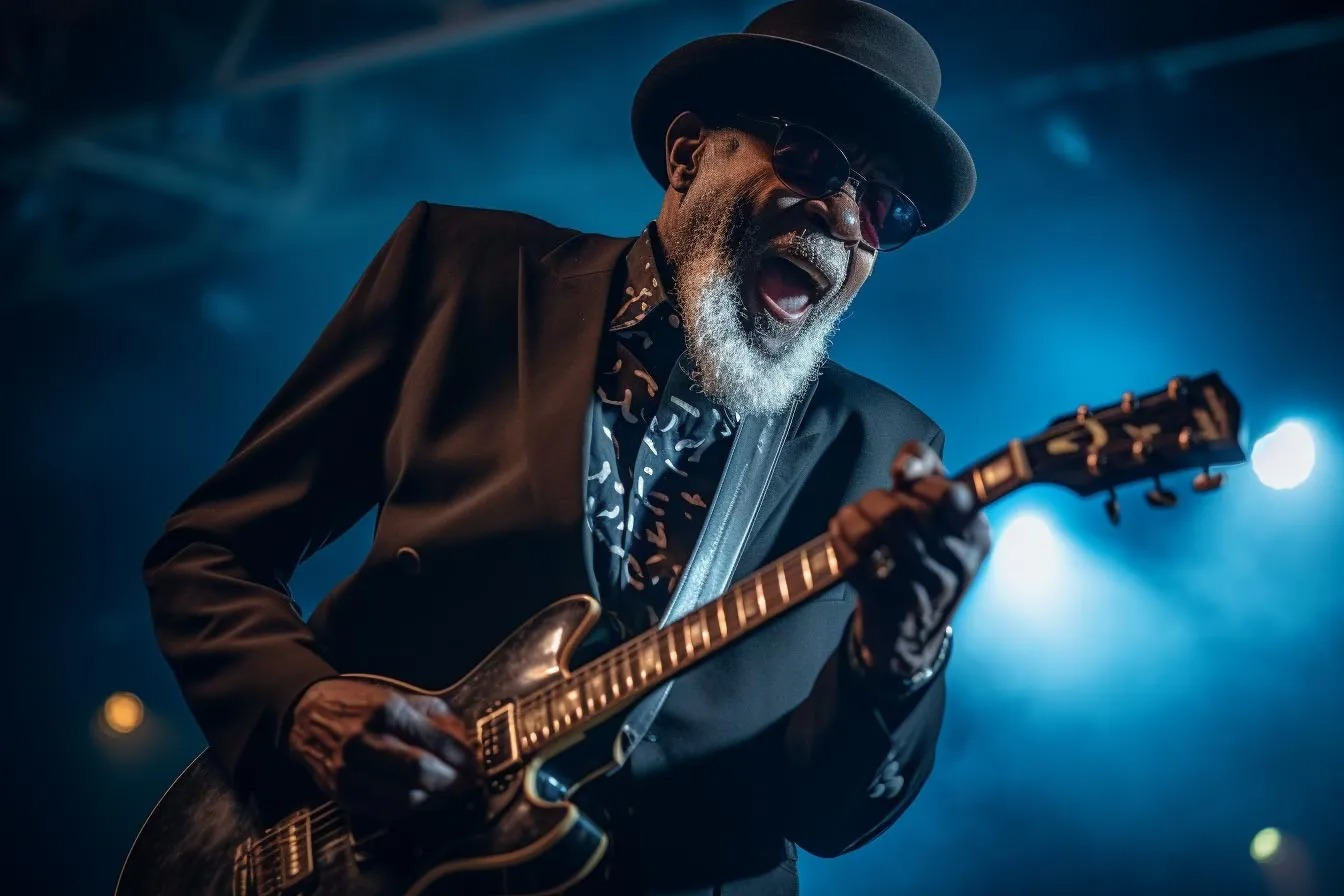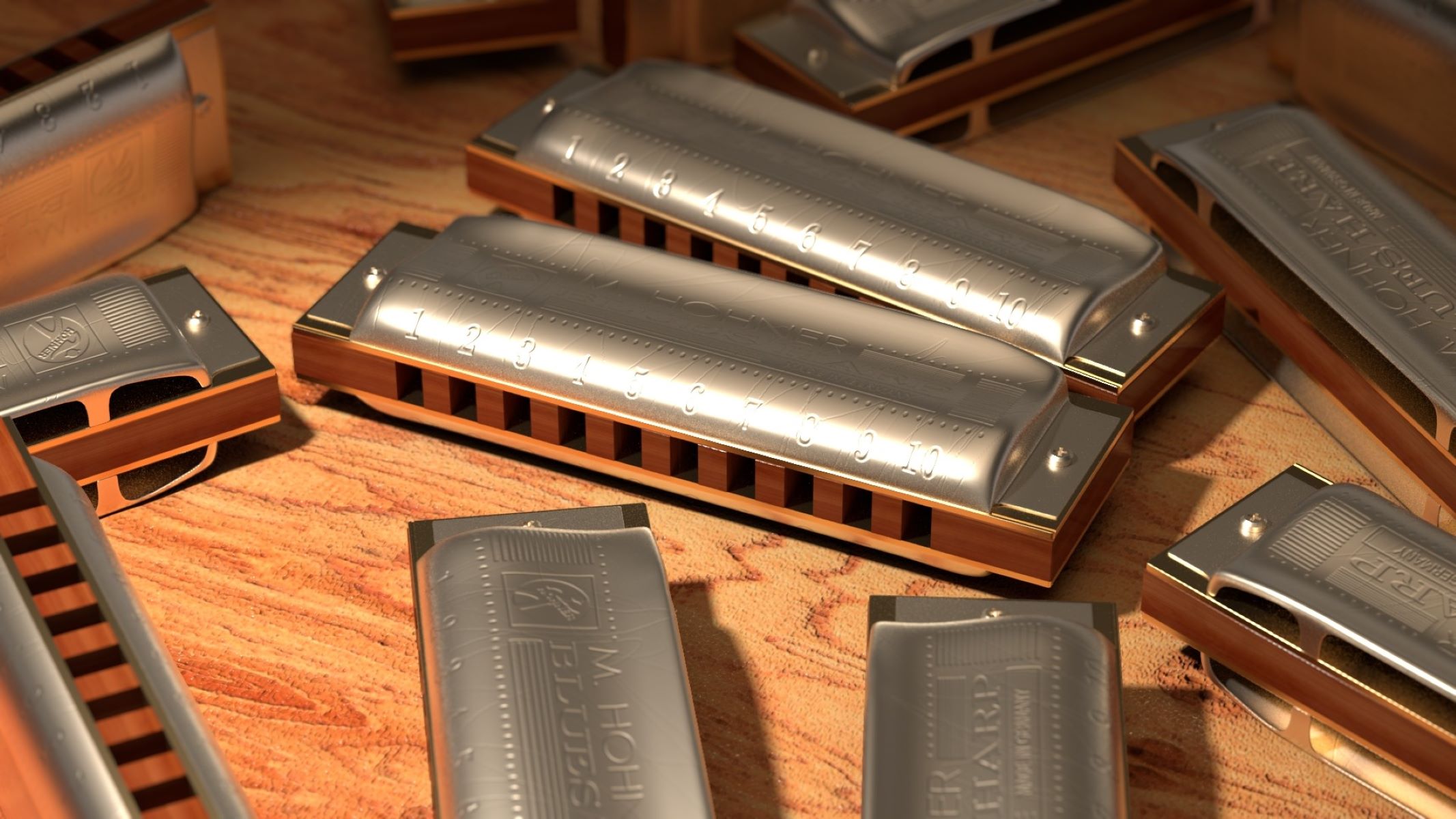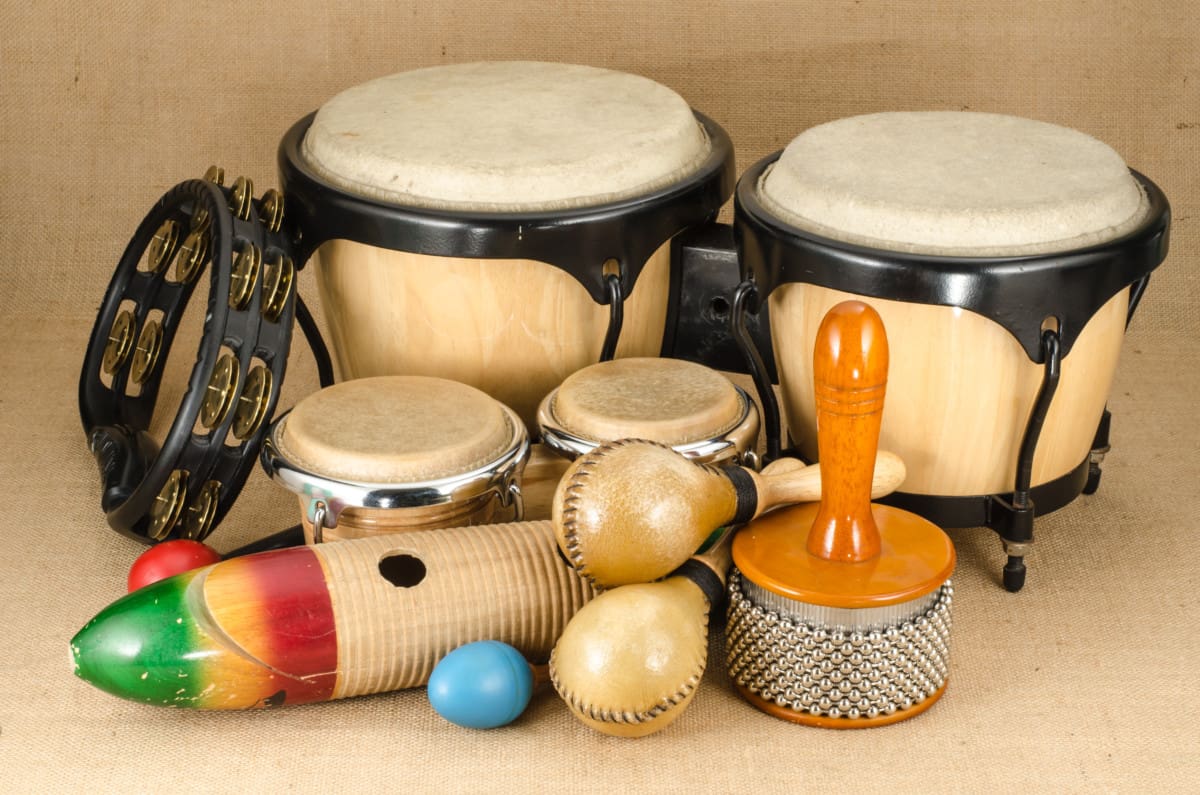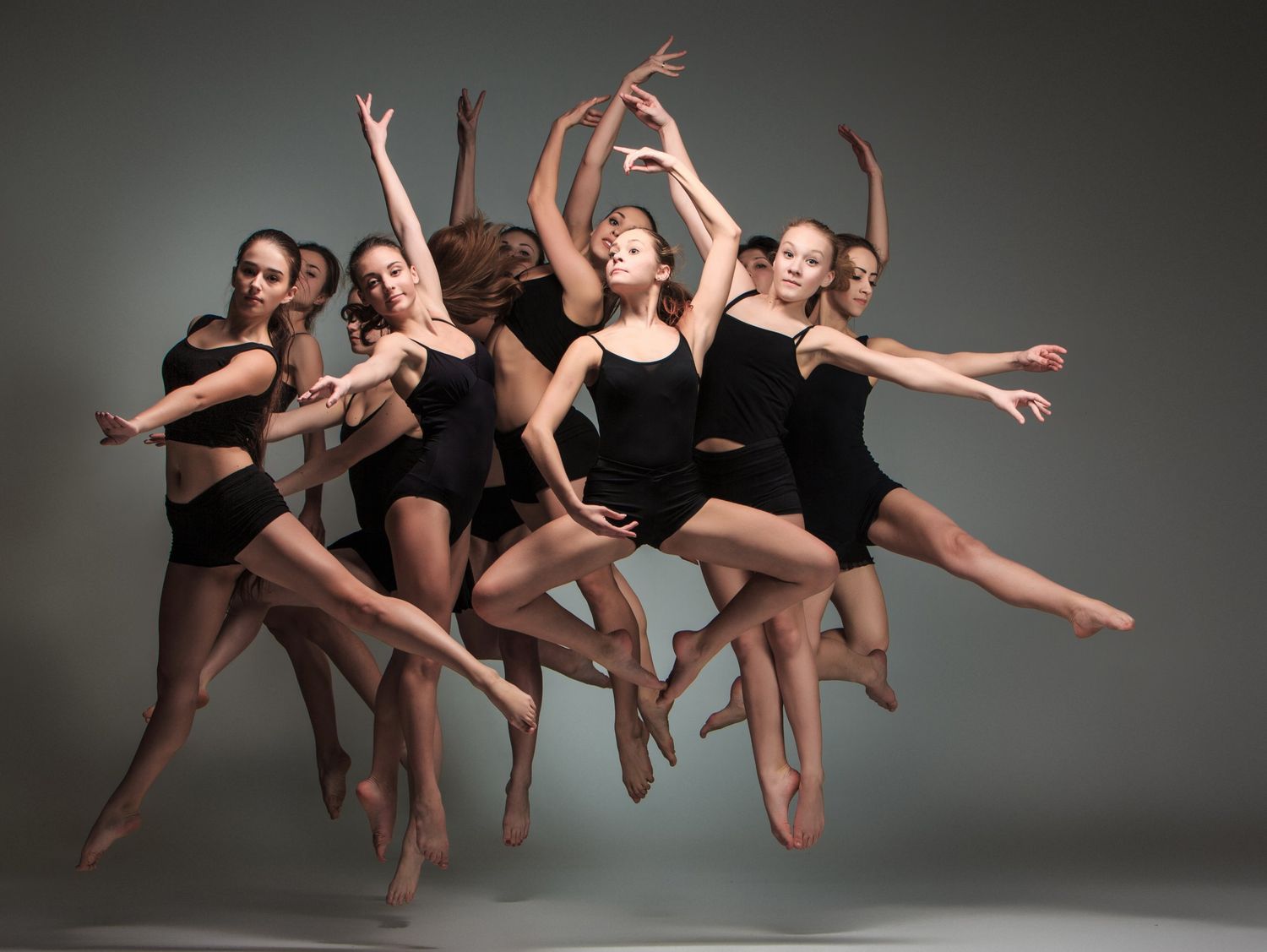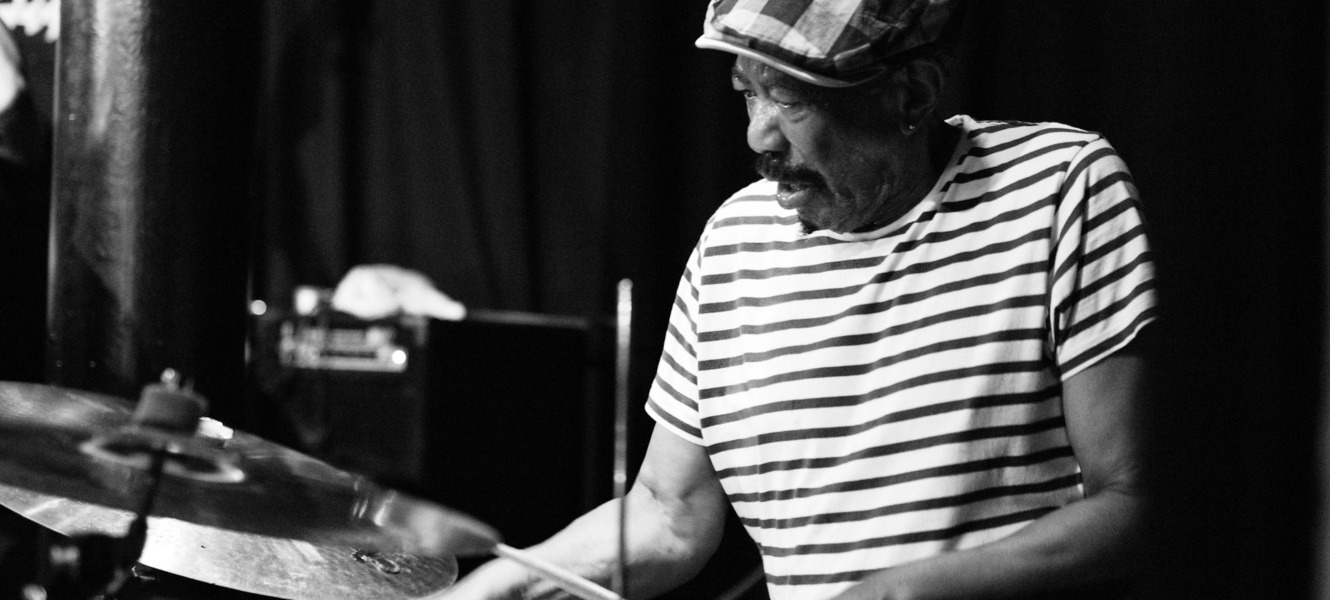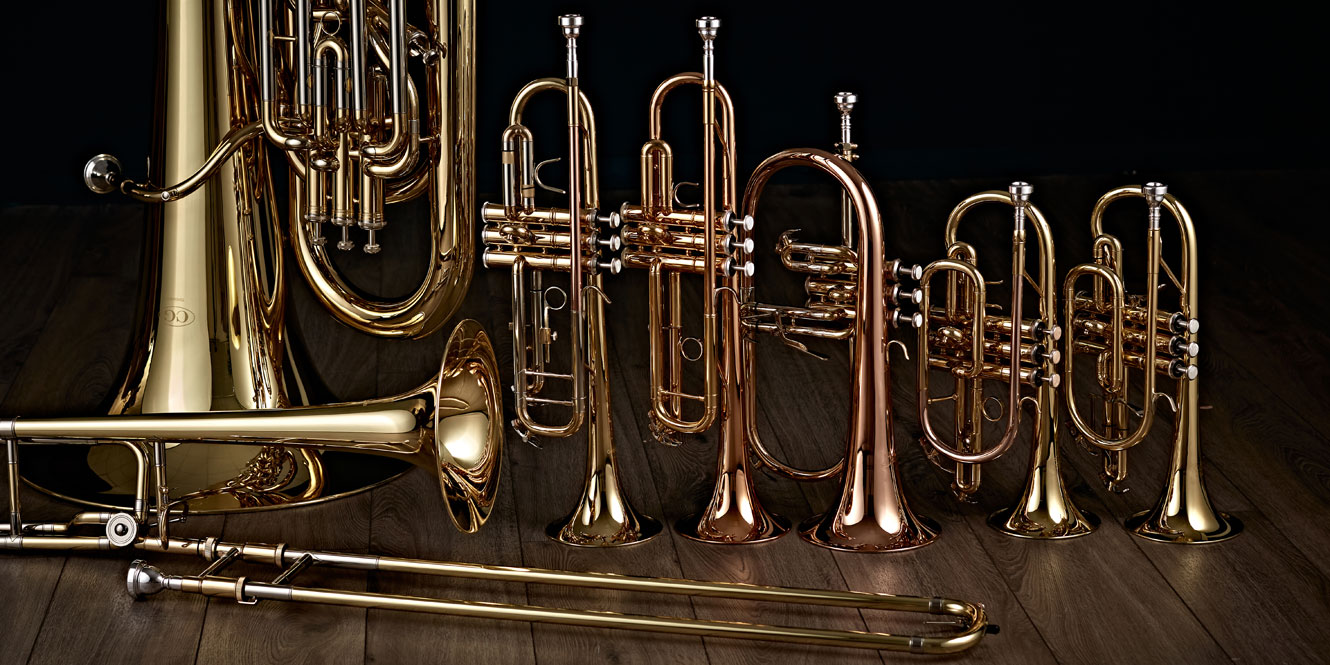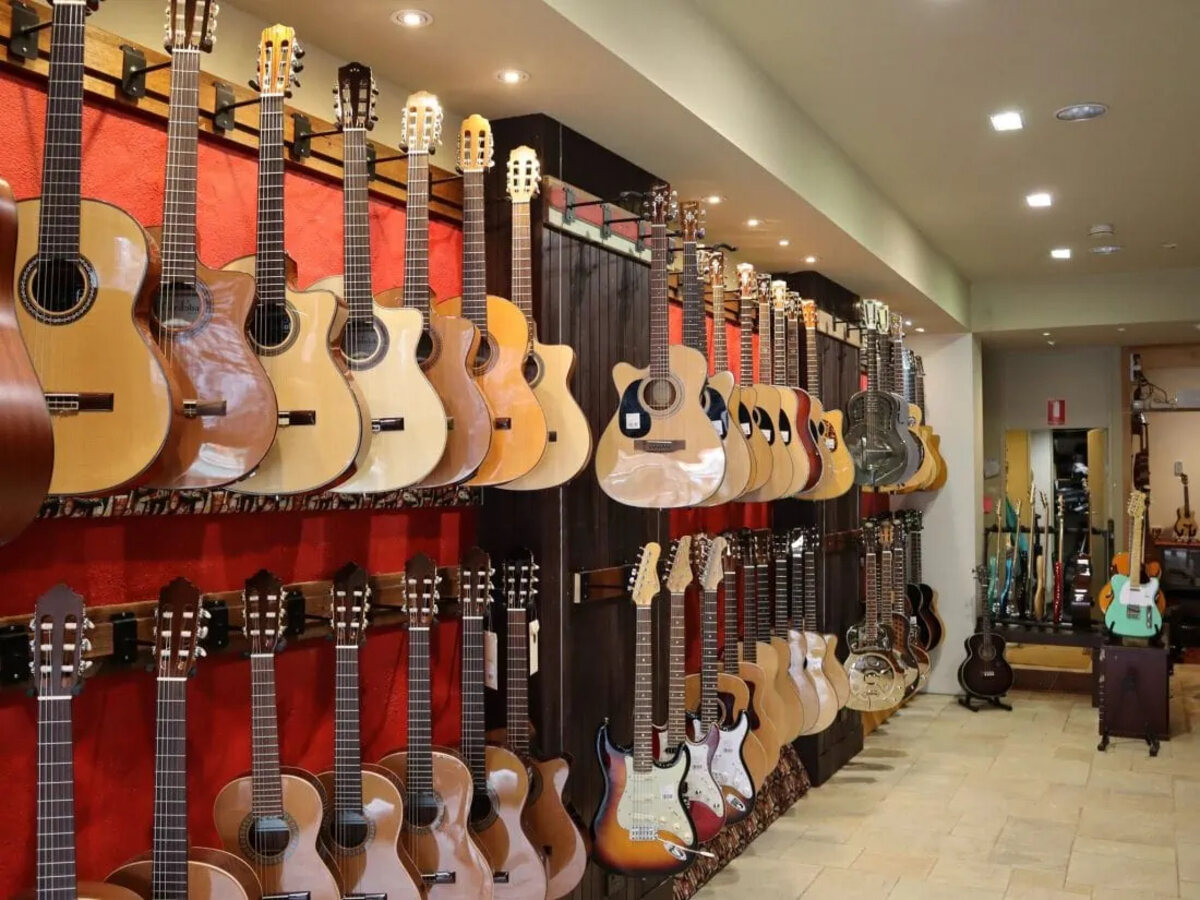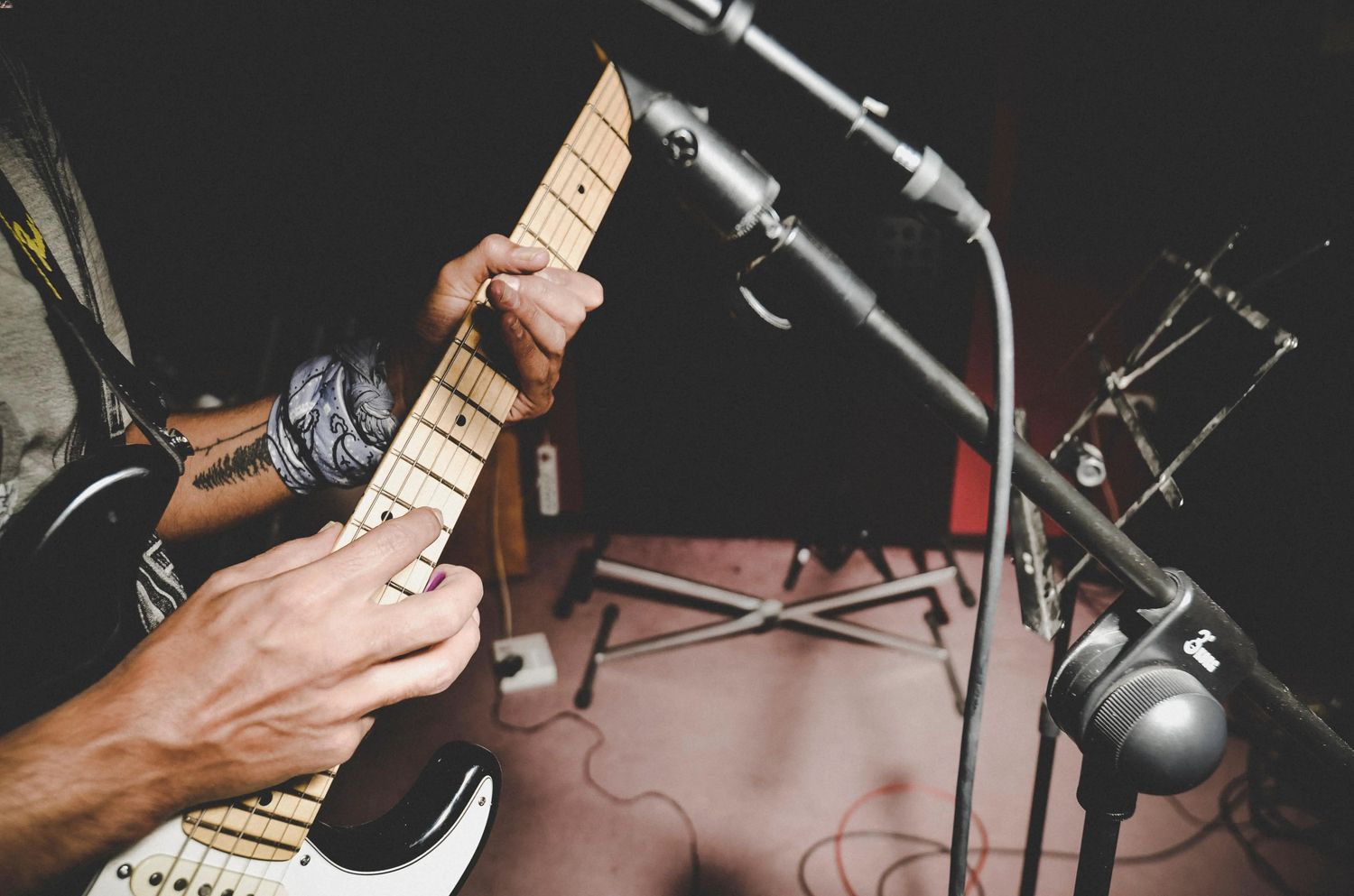Home>Instruments>Harmonica>What Type Of Harmonica Is Best For Blues
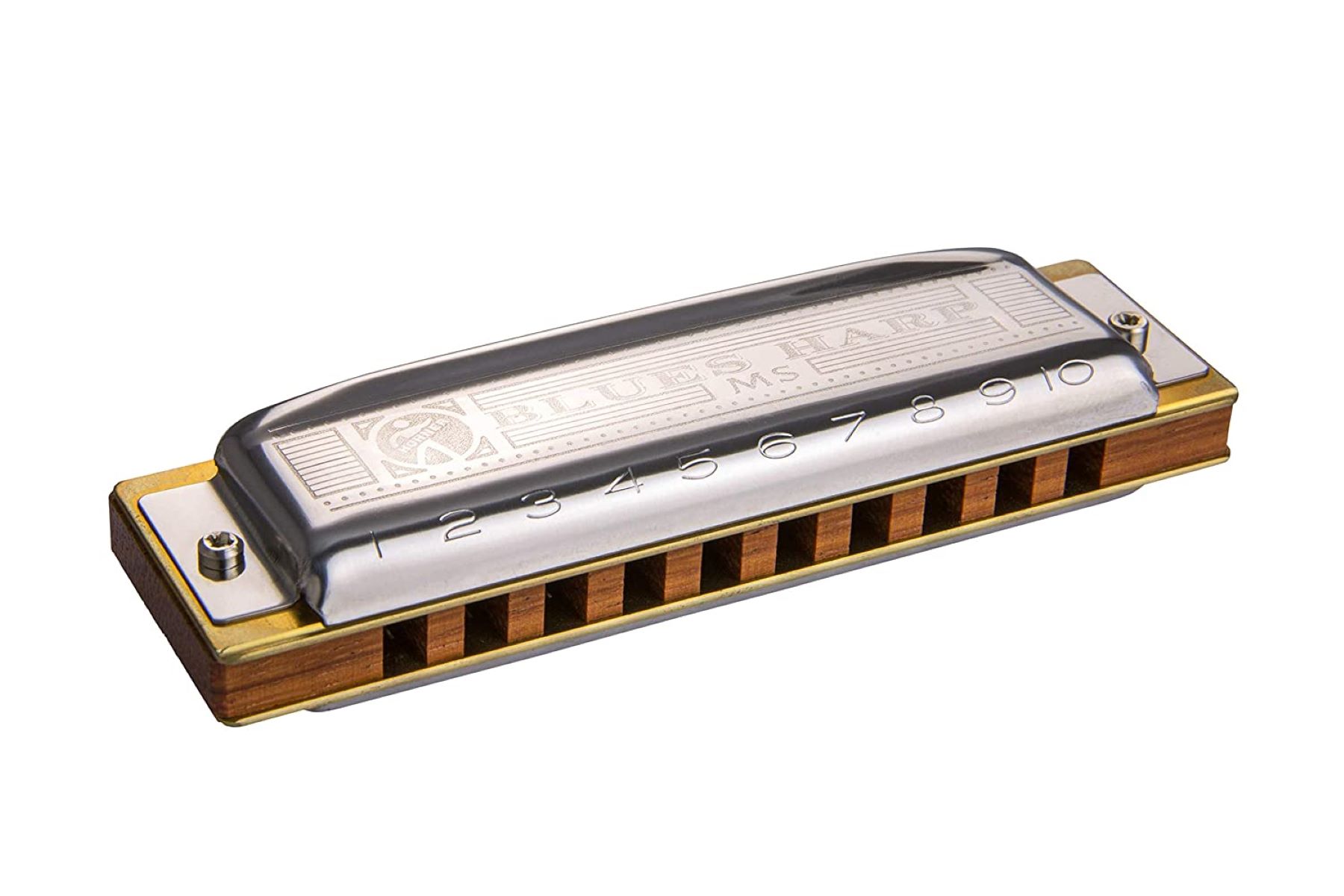

Harmonica
What Type Of Harmonica Is Best For Blues
Modified: February 19, 2024
Discover the best harmonica for blues with our comprehensive guide. Find out which type of harmonica is ideal for playing blues music and unleash your inner blues musician.
(Many of the links in this article redirect to a specific reviewed product. Your purchase of these products through affiliate links helps to generate commission for AudioLover.com, at no extra cost. Learn more)
Table of Contents
Introduction
Blues harmonica, also known as blues harp or simply harmonica, is a small instrument with a big impact. Its soulful sound and expressive capabilities have made it a staple in blues music, captivating audiences for decades. Whether you’re an aspiring blues musician or simply enjoy listening to the genre, choosing the right harmonica is essential for getting that authentic blues sound.
When it comes to selecting a harmonica for blues, there are two main types to consider: chromatic harmonicas and diatonic harmonicas. Each has its own unique characteristics and is suited for different playing styles and musical genres.
Chromatic harmonicas are versatile instruments that offer a full range of notes, including chromatic tones (semitones) outside the major scale. They feature a button or slide mechanism that allows players to access the additional notes. Chromatic harmonicas are ideal for playing jazz, classical, and other genres that require a broad range of tones. However, they can also be used for blues, particularly for players who want to explore more melodic and complex arrangements.
Diatonic harmonicas, on the other hand, are the go-to choice for most blues harmonica players. These harmonicas are tuned to a specific key and are designed to play in a particular scale. Unlike chromatic harmonicas, diatonic harmonicas do not have the ability to play chromatic notes. This limitation, however, is what gives diatonic harmonicas their signature bluesy sound. The bending and overblowing techniques used on diatonic harmonicas allow players to achieve expressive notes not found in the standard major scale.
So, which type of harmonica is best for blues? The answer ultimately depends on your playing style, musical preferences, and personal preference. In the following sections, we will explore both chromatic and diatonic harmonicas in more detail and recommend some of the best options for blues enthusiasts.
Chromatic Harmonicas
Chromatic harmonicas are a popular choice among professional musicians and those seeking a wider tonal range. These harmonicas are designed with a button or slide mechanism that allows players to access all the notes in the chromatic scale, including the sharps and flats.
One of the advantages of chromatic harmonicas is their versatility. With the ability to play all 12 notes, chromatic harmonicas are well-suited for a variety of musical genres, including blues. They allow for more intricate melodies and complex arrangements, making them a favorite among jazz and classical harmonica players as well.
When it comes to choosing a chromatic harmonica for blues, there are a few factors to consider. The key of the harmonica is an important consideration as it determines the overall tonality of the instrument. The most common keys for blues are C, G, and A, but ultimately, it depends on your personal preference and the specific songs you want to play.
Another factor to consider is the quality and construction of the harmonica. Look for chromatic harmonicas that are well-made with smooth action for the button or slide mechanism. The reeds should be responsive and offer a clear, rich tone. Some popular chromatic harmonica brands for blues include Hohner, Suzuki, and Seydel.
One notable chromatic harmonica model for blues is the Hohner 64 Chromonica. This harmonica is known for its incredible tone and responsiveness. It features a 16-hole design that provides a full range of chromatic notes, along with a comfortable and ergonomic feel. Other popular choices include the Suzuki SCX chromatic harmonicas and the Seydel Saxony chromatic harmonicas.
While chromatic harmonicas provide a broader tonal range, they can be more challenging to play compared to diatonic harmonicas. Learning to master the button or slide mechanism takes time and practice. Additionally, chromatic harmonicas tend to be more expensive than diatonic harmonicas, so it’s important to consider your budget when making a decision.
Ultimately, if you’re looking to explore more melodic and complex blues arrangements, a chromatic harmonica is a great choice. Its versatility and range of notes open up a world of possibilities for blues musicians.
Diatonic Harmonicas
When it comes to blues harmonica, diatonic harmonicas are the instrument of choice for many players. These harmonicas are specifically designed for playing in a particular key or scale, making them ideal for capturing the trademark blues sound.
Diatonic harmonicas come in various keys, including popular ones like C, G, and A, which are commonly used in blues music. Each key has its own unique tonality, allowing players to achieve different moods and styles in their performances. The limited number of notes available on a diatonic harmonica, usually 10 holes, may seem restrictive at first, but it is this very limitation that provides the instrument’s distinctive bluesy sound.
One of the defining features of diatonic harmonicas for blues is their ability to perform bending and overblowing techniques. These techniques empower players to bend certain notes, creating the expressive and soulful tones commonly associated with blues music. By bending the pitch of the notes, musicians can capture the emotional essence of the genre and achieve a more nuanced and bluesy sound.
When choosing a diatonic harmonica for blues, it’s crucial to consider the key that best suits your playing style and the songs you want to perform. For beginners, starting with a C harmonica is often recommended as it is the most widely used and versatile key. Harmonicas from reputable brands like Hohner, Lee Oskar, and Seydel are known for their quality, durability, and rich tone.
Some popular diatonic harmonica models that are highly regarded for blues include Hohner Marine Band, Hohner Special 20, and Lee Oskar Major Diatonic. These harmonicas are favored for their responsiveness, warm tone, and ease of bending. Additionally, they offer replaceable reed plates, allowing players to easily maintain and customize their harmonicas.
It’s worth noting that diatonic harmonicas are generally more affordable than chromatic harmonicas, making them a popular choice for beginners and experienced players alike. They are also more portable and compact, fitting easily into pockets and making them convenient for jam sessions and gigs.
Whether you’re a seasoned blues harmonica player or just starting your blues journey, a diatonic harmonica is an excellent choice. Its distinct sound, bending capabilities, and affordability make it a versatile and indispensable tool for capturing the essence of blues music.
Best Diatonic Harmonicas for Blues
When it comes to choosing the best diatonic harmonica for blues, there are several options that have gained recognition among blues harmonica players. These harmonicas are known for their superior sound quality, responsiveness, and durability, making them excellent choices for both beginners and seasoned musicians.
One highly recommended diatonic harmonica for blues is the Hohner Marine Band. This harmonica has a long-standing reputation in the world of blues music and has been a favorite among professional players for generations. It features a wooden comb that enhances the warm and resonant tone, along with high-quality reeds that respond well to bending and overblowing techniques.
Another popular choice is the Hohner Special 20. This harmonica is praised for its durability, airtight construction, and smooth playability. The Special 20 is constructed with a plastic comb, making it more resistant to moisture and less prone to swelling or warping. It delivers a bright and smooth sound that is well-suited for blues, offering a balance between responsiveness and ease of use.
The Lee Oskar Major Diatonic harmonicas are also highly regarded among blues players. These harmonicas are designed for optimal playability and are constructed with a plastic comb and replaceable reed plates. The Major Diatonic series offers excellent sound projection, responsiveness, and control, making it a reliable choice for blues musicians of all levels.
Seydel is another brand that has gained popularity in the blues harmonica community. Their 1847 Classic harmonica is highly regarded for its excellent airtightness, durability, and rich tone. Constructed with a stainless steel comb, this harmonica offers a unique and robust sound that is well-suited for blues playing.
While these harmonicas are some of the top choices for blues, it’s important to note that personal preference plays a significant role in selecting the best diatonic harmonica for you. Each harmonica brand and model has its own unique characteristics and tonal qualities, so it’s advisable to try out different options and see which one resonates with your style and preferences.
Remember, choosing the right diatonic harmonica is just the beginning. To truly excel in playing blues, it’s important to dedicate time and effort to practice techniques like bending, overblowing, and expressing emotions through your playing. With the right harmonica and a passion for the blues, you’ll be well on your way to creating soulful and captivating music.
Best Chromatic Harmonicas for Blues
While diatonic harmonicas are the traditional choice for blues music, there are several chromatic harmonicas that excel at producing bluesy tones. These instruments offer a wider tonal range and the ability to play chromatic notes, making them suitable for players who want to explore more complex blues melodies and arrangements.
One of the top choices for blues chromatic harmonicas is the Hohner 64 Chromonica. This harmonica is renowned for its rich and responsive tone, making it a favorite among professional blues harmonica players. It features a 16-hole design, allowing for a wide range of chromatic notes, and its ergonomic construction ensures a comfortable playing experience. The Hohner 64 Chromonica is a versatile harmonica that can handle intricate blues licks and melodic passages with ease.
Another highly regarded option is the Suzuki SCX chromatic harmonicas. These harmonicas are known for their exceptional craftsmanship and attention to detail. The SCX series offers exceptional breath control, enabling players to achieve expressive and soulful blues tones. With its smooth slide mechanism and premium metal body, the Suzuki SCX harmonicas deliver a professional-grade performance that is well-suited for blues musicians.
The Seydel Saxony chromatic harmonicas are also worth considering for blues enthusiasts. These harmonicas are meticulously crafted and deliver a rich, resonant tone that suits the blues genre. With its stainless steel reeds and airtight construction, the Saxony series provides excellent responsiveness and durability, ensuring a reliable and expressive playing experience for blues harmonica players.
When it comes to choosing the best chromatic harmonica for blues, it’s important to consider your playing style and the desired tonal qualities. While these harmonicas are highly recommended, personal preference plays a significant role in the selection process. It’s advisable to try out different models and brands to find the one that resonates with your style and preferences.
Additionally, seeking advice from experienced blues harmonica players, reading reviews, and attending harmonica events can provide valuable insights into which chromatic harmonicas are favored by the blues community.
Ultimately, the best chromatic harmonica for blues is one that allows you to express yourself and capture the essence of blues music. With its expanded tonal range and expressive capabilities, a well-chosen chromatic harmonica can open up new possibilities for exploring the blues genre and creating captivating melodies.
Conclusion
Choosing the right harmonica is crucial for any blues musician, as it plays a significant role in capturing the authentic blues sound and expressing emotions through music. Whether you opt for a diatonic or chromatic harmonica, both have their own unique qualities that make them suitable for blues playing.
For those looking to dive into the blues world and want a harmonica that reflects the traditional blues sound, diatonic harmonicas are the go-to choice. They offer the expressive bending and overblowing techniques that are essential for creating soulful and captivating blues melodies. Harmonicas like the Hohner Marine Band, Hohner Special 20, Lee Oskar Major Diatonic, and Seydel 1847 Classic are among the best options to consider.
On the other hand, if you want to explore more complex melodies and have a wider tonal range, chromatic harmonicas are an excellent choice. They allow for the incorporation of chromatic notes and can handle intricate blues licks and melodic passages. The Hohner 64 Chromonica, Suzuki SCX series, and Seydel Saxony harmonicas are highly recommended for blues enthusiasts who want to push the boundaries of their playing.
Ultimately, selecting the best harmonica for blues is a personal decision. It’s important to consider factors such as the key, sound quality, ease of play, and affordability. Experimenting with different harmonicas, seeking advice from experienced players, and attending workshops or events dedicated to blues harmonica can also help in finding your perfect match.
Remember, regardless of the harmonica you choose, the key to becoming a skilled blues harmonica player lies in practice, dedication, and a deep understanding of the blues genre. So, grab your harmonica, immerse yourself in the world of blues, and let the soulful sound of this remarkable instrument transport you to the heart of the blues.

